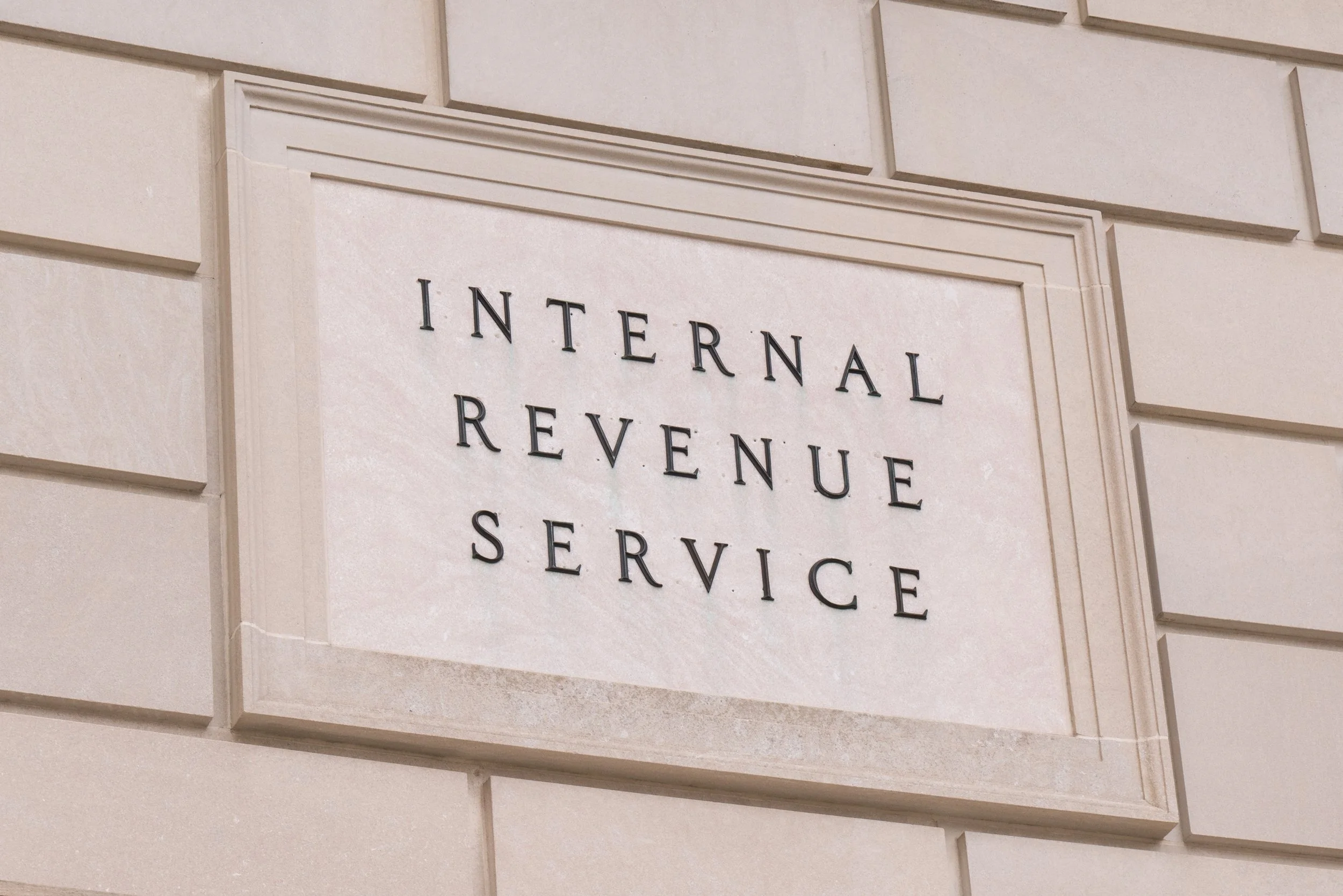The US Supreme Court has ruled that the Internal Revenue Service (IRS) can access bank records of a taxpayer's relatives or associates without notice to help with tax collection efforts under an existing statute.
The IRS can probe financial records to aid in the collection of a taxpayer's debt without notifying the taxpayer or third parties like the taxpayer's relatives or associates. This can also happen when the financial records that the IRS wants to see belong to someone other than the taxpayer who does not owe the IRS unpaid taxes.
The ruling means that the IRS can issue a summons to any person when the agency needs information that could "aid in the collection" of federal tax owed.
That information can include books, papers, records, or other data. In some cases, it can also involve testimony under oath. The statute's plain language does not require the IRS to give notice when the agency's efforts involve collection from a tax assessment or judgment against a taxpayer.
Read the full article here.


